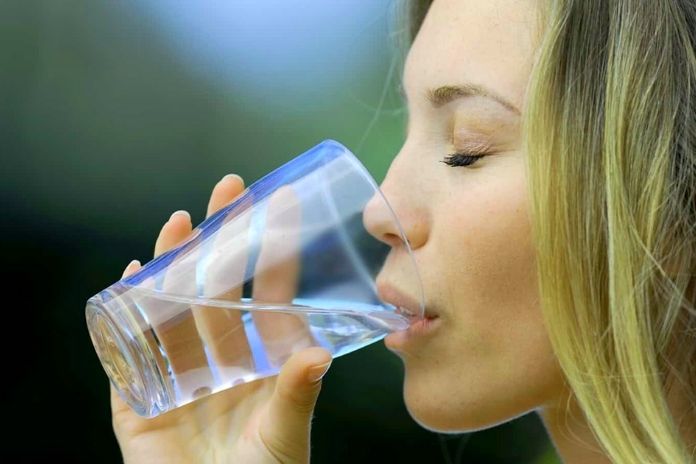First of all, drinking water is essential for health, we all know. But have you ever stopped to think about the function of this liquid in our body and what it can do?
Water plays a role in almost all physiological processes in the human body. Without it, our body collapses and harms our health in the short and long term. Check out some of the critical functions below:
It Is The Element That Makes Up All Our Cells
In addition to being the main component of blood, it is also of cells. In addition, water plays an essential role in other structures, such as muscles and other organs.
In structures such as the meninges and fluids present in the joints, water offers protection to these structures, ensuring their perfect functioning and even preventing mechanical shocks, as in the case of amniotic fluid, which protects the embryo during pregnancy.
In these structures, it acts as a reagent and participates in all bodily reactions since they need to take place in an aqueous medium. As it is a potent solvent, it is also present in the digestive process through gastric juice.
Acts As A Means Of Transport
The primary function of blood is to transport nutrients essential for the body to function. Thus, water, which is one of the components of blood plasma, is responsible for carrying oxygen and vitamins and allowing cells to move in the bloodstream.
But it is not just nutrients that this critical element is responsible for transporting. Through it, toxins and other dangerous agents are eliminated from our body through urine, which is 95% water.
Thermoregulatory Function
When exposed to very high temperatures, our body needs to cool down quickly. If this does not happen immediately, the consequences can be severe.
At this point, another essential function of water comes into play: transpiration. Our body produces sweat, so it evaporates and cools the skin faster when it comes into contact with the skin.
As we have seen, there is no physiological process that does not require the presence of water. The primary function of this element is to guarantee the life and proper functioning of this entire structure.
What Is The Ideal Amount Of Water?
The importance of drinking water has already become more than explained, right? Now, then, a question that always pervades is how much water you should drink a day.
Although essential, the rule of “everything too much is bad” also applies here. Just as low water consumption can lead to dehydration, drinking too much water can cause hyponatremia, which is the drop in sodium in the blood, thanks to an imbalance in the concentration of electrolytes in the blood, causing water intoxication.
Therefore, it is essential to know how to dose and drink water within the recommended amount. And this dosage varies according to each body and also the weather conditions.
That old tip of 2 liters of water a day is more a concept of common sense than a result based on scientific research. Next, understand how you should dose the ideal amount to drink water.
Climate And Physical Condition
Hotter and drier days require the body to release more water. And this release occurs in several ways: through sweat, feces, and urine or breathing, for example.
In addition, your physical condition also influences the amount of fluid that needs to be replenished daily. Fever, diarrhea, and vomiting are excellent examples of situations that require greater hydration.
Physical Exercises And Diet
People who practice physical activities daily need to drink more water. The amount even increases according to the intensity of the exercise practiced and how much the person sweats.
In addition, it is necessary to evaluate the daily diet. For example, if yours is made up of a healthy diet, you automatically already eat water-rich foods, such as fruits, but this should not cancel out your water intake.
Weight And Metabolism
The rule is clear: people who weigh more need to drink more water, just like those with a faster metabolism need to increase their fluid intake.
ALSO READ: BODY HYDRATION: 4 KEY BENEFITS

